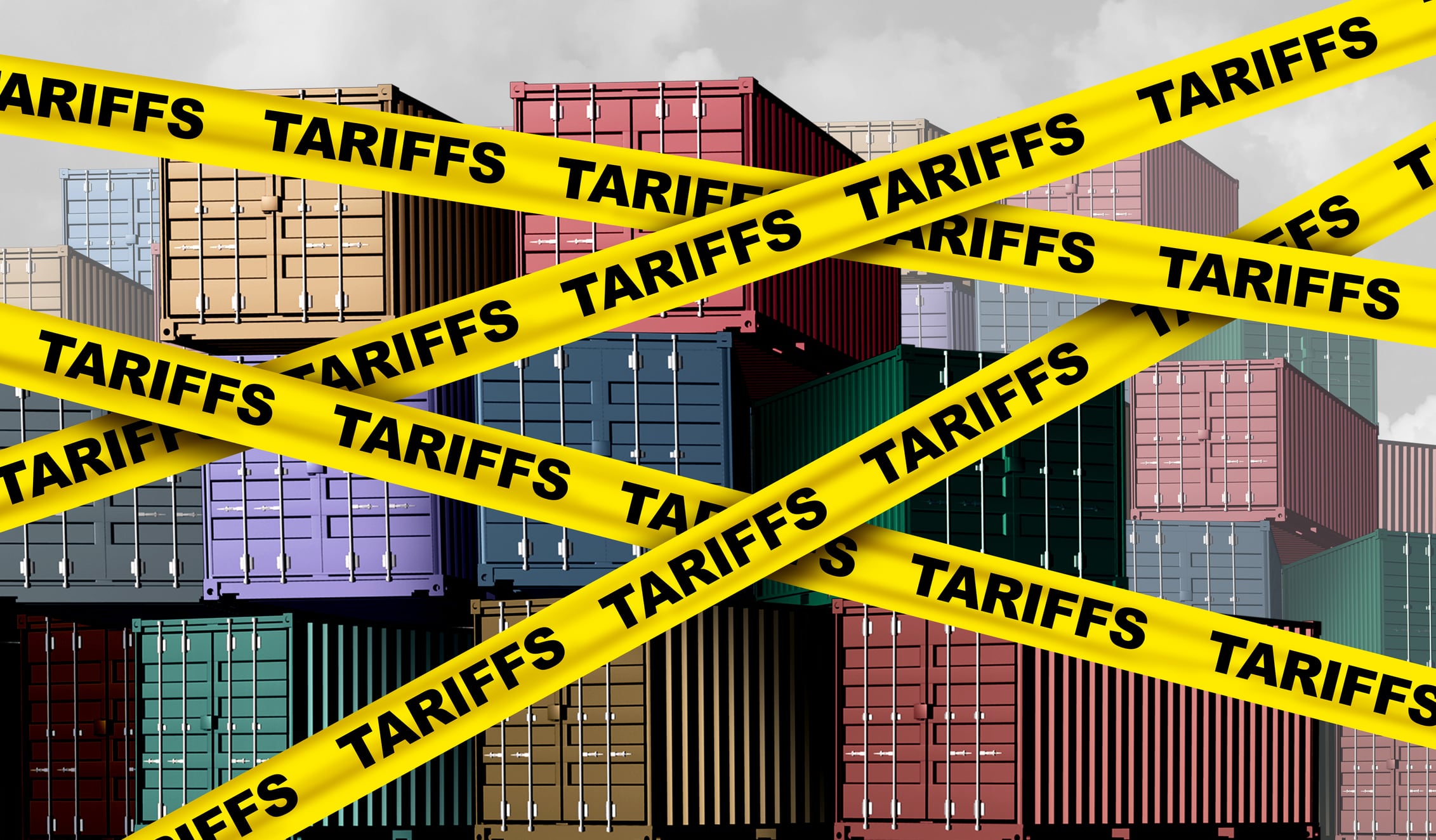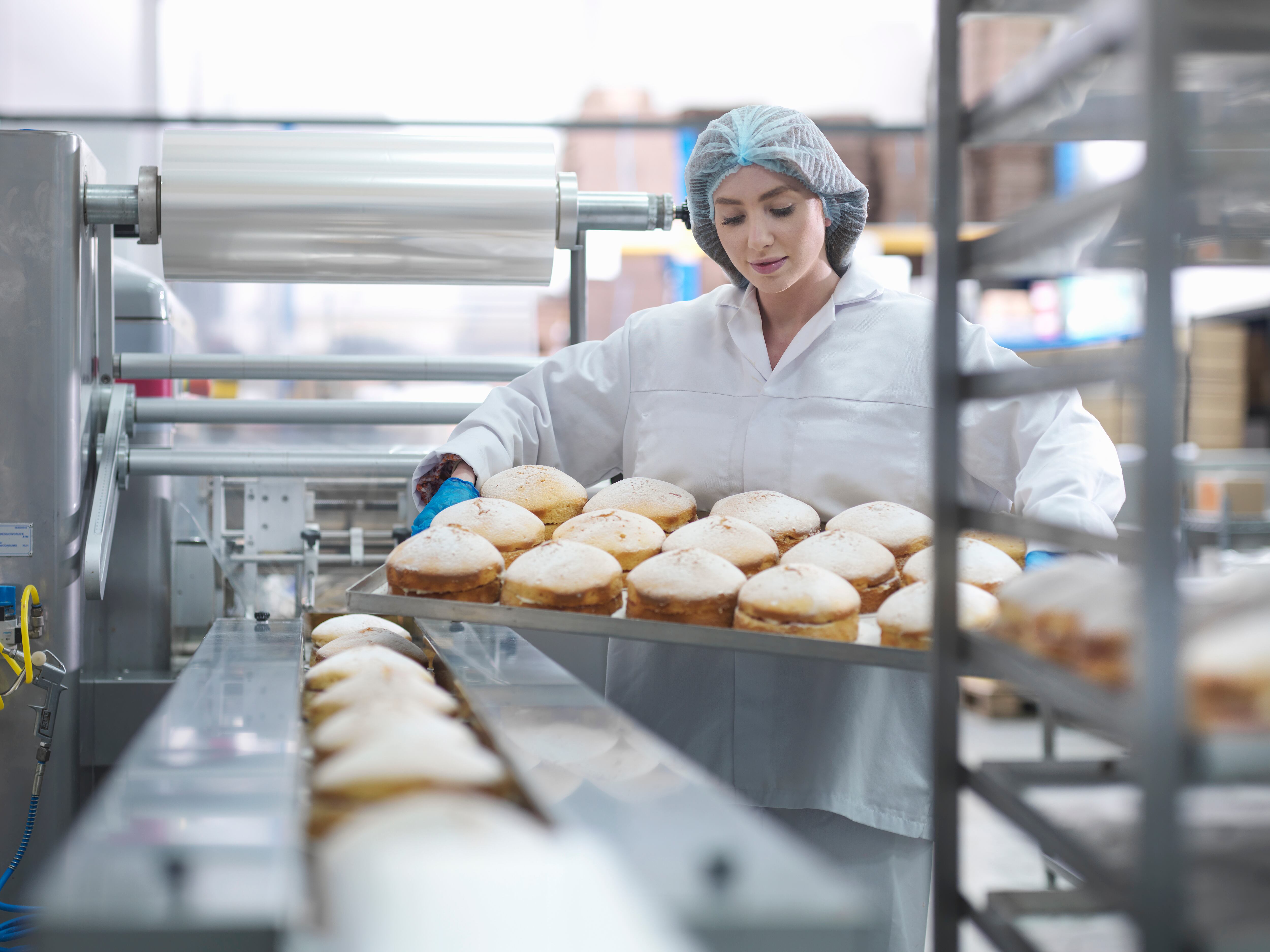While geopolitical uncertainty will transform the way supply chains operate in the next several years, the looming ambiguity around trade and tariffs, and what it will mean for manufacturers and their workforce is taking its toll.
A survey from The Conference Board found that 85% of 1,700 large company executives were planning to make significant changes to their supply chain, up 15% from the previous year – significantly higher than right after the pandemic.
Though some quick decision-making will be imperative, leaders should also take on board several strategies to ensure that supply chains and workers remain engaged and productive, while preparing them for the to-be-determined next steps in the evolution of supply chains worldwide.
Communicate early and often
Leaders in food and beverage manufacturing must prepare their teams for inevitable supply chain disruptions. Whether ingredient shortages, cost fluctuations, shifting consumer demands, or global regulation, companies will need to be able to constantly adapt. While some executives fear transparency will create anxiety, the opposite is, in most cases, proven to be true – thoughtful communication builds trust, implies agency (more on this below), and earns employee goodwill.
Transparency doesn’t mean having all the answers; it means providing honest updates, like ‘We need to cut costs, though specific decisions are still being made on which is the best option’. It also means filling a communication void, as rumours often spread faster than facts, creating unnecessary stress. Consistent communication helps employees – from production teams to retail managers – feel included rather than blindsided, especially at a time where watching the news may spark additional questions related to work in this sector.
Amidst disruptions, managers will need guidance and support to best address challenges while keeping teams focused. Equipping frontline leaders, including store and supply chain managers, with clear messaging empowers them to better guide employees through uncertainty.
Engage (and upskill)
With manufacturing, frontline workers often provide the most valuable insights into supply chain disruptions and operational inefficiencies. Yet, when asked why these ideas weren’t shared sooner, the response tends to be, ‘No one ever asked me before’.
As geopolitical uncertainty and economic volatility continue to impact ingredient sourcing, logistics, production, and distribution costs, manufacturers must actively involve their broader workforce in planning and problem-solving.
Many factories also struggle to realise the full benefits of automation due to skill gaps, leading to lower-than-expected production and efficiency. AI-powered technologies will further amplify this challenge, as they require specialised knowledge to operate and optimise. The percentage of manufacturing jobs requiring advanced technical skills or degrees has been on the rise, and this trend will accelerate. Employers can address labour shortages and retention challenges by investing in upskilling programmes that prepare workers for new ways of operating.
Beyond technical training, fostering adaptability is crucial. Helping employees develop ‘change muscles’ equips them to proactively navigate disruptions, reducing the need for reactive, disruptive actions when conditions shift.
Find the thrive
For leaders in food and beverage manufacturing, fostering a ‘thrive’ mindset among employees requires intentional strategies. Geopolitical uncertainty, from trade restrictions to global conflicts, can disrupt ingredient sourcing and drive costs up, creating stress at all levels of the supply chain. Transparent communication about these challenges – paired with practical solutions – helps employees feel informed and empowered rather than overwhelmed. When workers understand the ‘why’ behind decisions and have a role in shaping responses, they are more likely to stay engaged and proactive.
Incorporating agility and tactical skills into the company culture can further support this mindset shift. Leaders should provide frontline workers with problem-solving frameworks that encourage adaptability, whether responding to unexpected ingredient shortages or adjusting production schedules due to shifting consumer demand or export shifts. They can also help teams focus on developing both short-term and long-term solutions, ensuring adaptability across the organisation.
By normalising change and equipping employees with the skills to navigate it, manufacturers can reduce the ‘survive’ that often accompanies uncertainty and increase the ‘thrive’ that comes from being aware, involved, and part of the solution.
Ultimately, fostering adaptability helps mitigate burnout, keeps employees motivated, and enables companies to identify opportunities amid challenges. In a volatile industry, building a workforce that can pivot effectively transforms disruption from a crisis into a competitive advantage.




